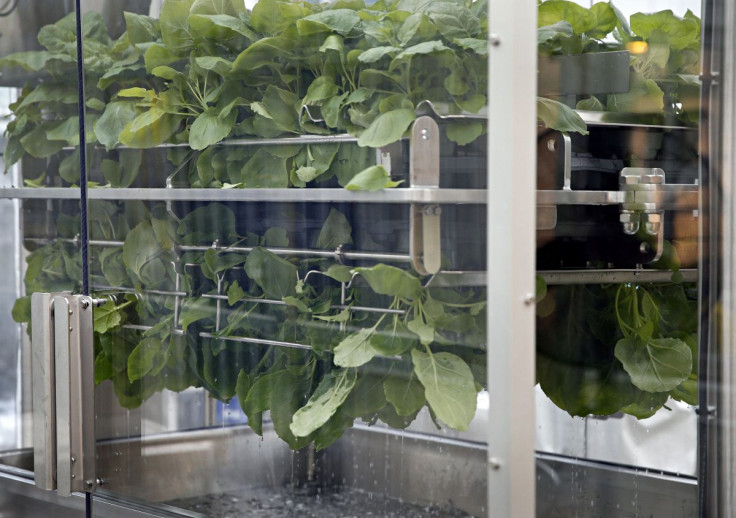Plants Produce Aspirin To Self-Medicate When Stressed, Study Shows
KEY POINTS
- Researchers analyzed the stress response in Arabidopsis plant
- It produces salicylic acid in response to environmental stresses
- The results of the study can be used to improve crop resistance
It seems plants, much like humans, also take a dose of aspirin to overcome stressful conditions. Researchers believe a better understanding of this protection strategy may help plants survive damages caused by climate change.
Plants produce salicylic acid (also known as aspirin) as a form of self-defense against environmental hazards like insects, drought and heat, which are quite common in a climate-stressed world. Once produced, the acid protects the plant cell's chloroplasts which play a key role in the photosynthesis process, according to a study published in the journal Science Advances.
"It's like plants use a painkiller for aches and pains, just like we do," said Wilhelmina van de Ven, a biologist and co-author of the new study.
As part of the study, a team of researchers from the University of California, Riverside (UCR) observed the stress response of a model plant called Arabidopsis. They are hoping to replicate the study in different plants, mainly those that are used as a source of food, to improve crop resistance.
How stressed-out #plants produce their own aspirin @UCRiverside @ScienceAdvances https://t.co/f2KLNPg9m1 https://t.co/EThBDULUAa
— Phys.org (@physorg_com) July 12, 2022
"We'd like to be able to use the gained knowledge to improve crop resistance," said Jin-Zheng Wang, co-first author of the study. "That will be crucial for the food supply in our increasingly hot, bright world."
Researchers found that plant cells generate an initial alarm molecule, known as MEcPP, when they are stressed. The biochemical pathway kicks off when the plant is exposed to environmental stresses that result in the formation of reactive oxygen species (ROS). These chemicals, though lethal in excess quantity, can start a positive reaction when the dosage is low.
"At non-lethal levels, ROS are like an emergency call to action, enabling the production of protective hormones such as salicylic acid," noted Wang. "ROS are a double-edged sword."
The MEcPP triggers the production of salicylic acid, which further starts a chain of actions to protect the plant.
"Because salicylic acid helps plants withstand stresses becoming more prevalent with climate change, being able to increase plants' ability to produce it represents a step forward in challenging the impacts of climate change on everyday life," said Katayoon Dehesh, senior author and a professor of Molecular biochemistry at UCR.
"Those impacts go beyond our food. Plants clean our air by sequestering carbon dioxide, offer us shade, and provide habitat for numerous animals. The benefits of boosting their survival are exponential," the researcher added.

© Copyright IBTimes 2024. All rights reserved.





















